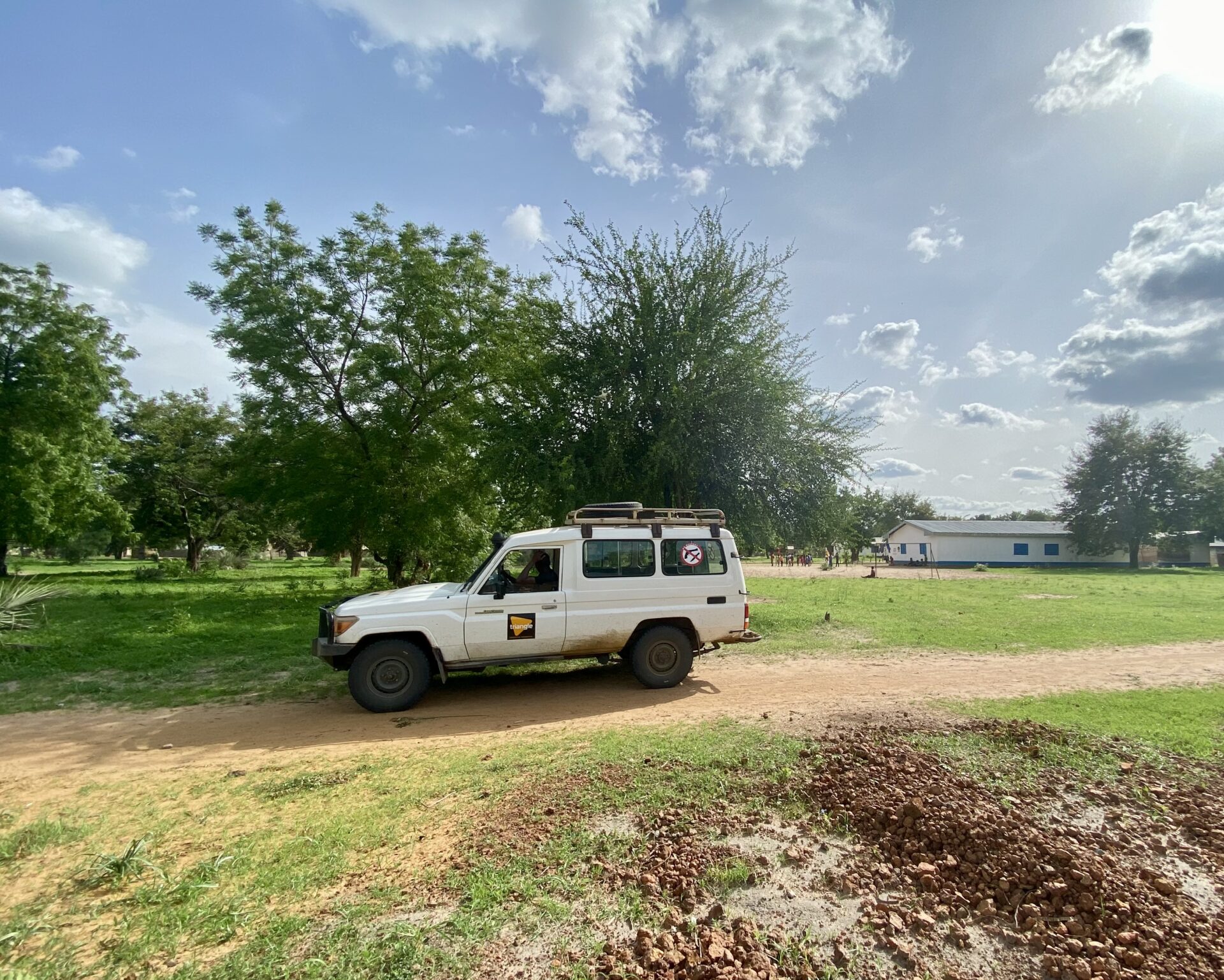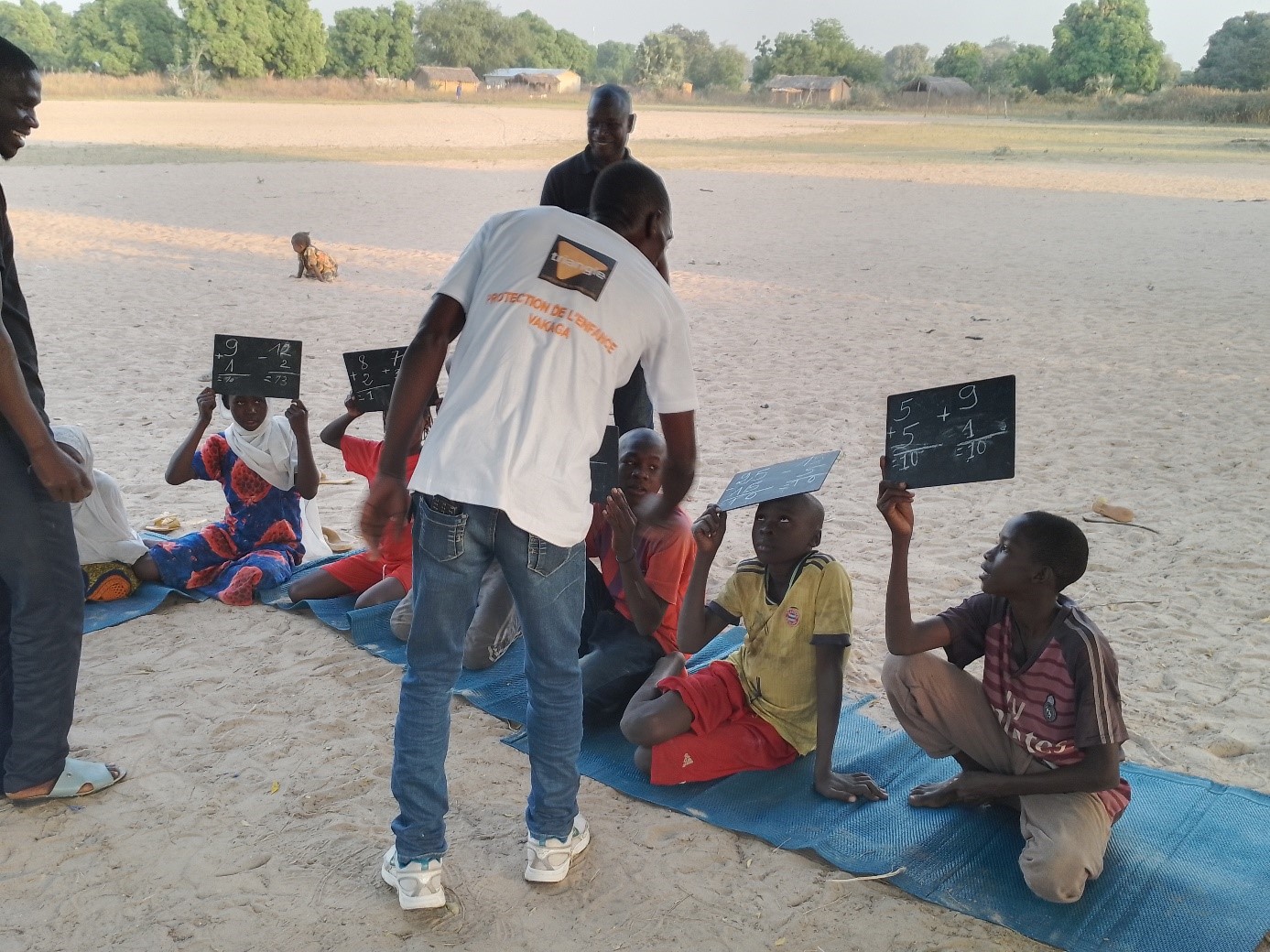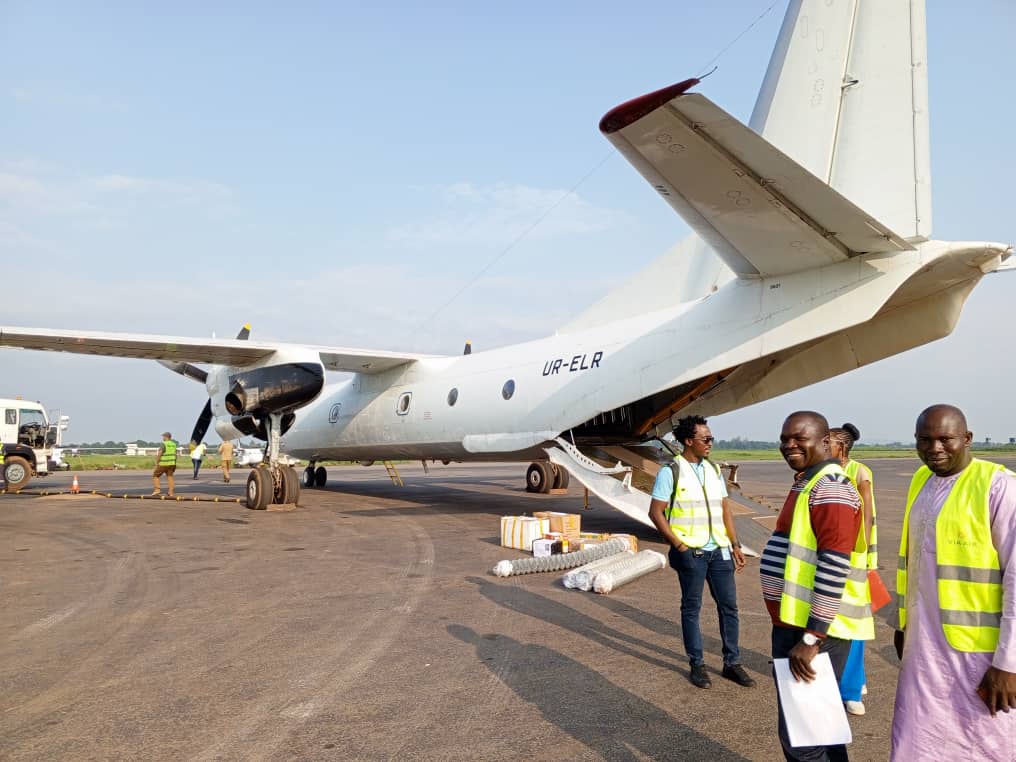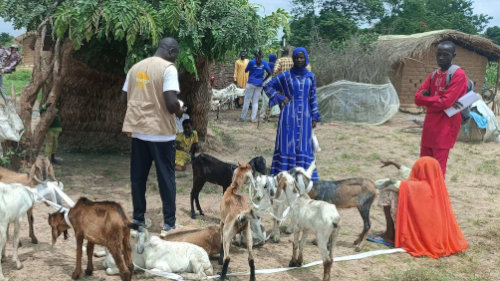Beneficiaries
14,000
Duration
01/07/24 > 31/01/25
Total budget
$500,000

Water, sanitation & hygiene
Funding

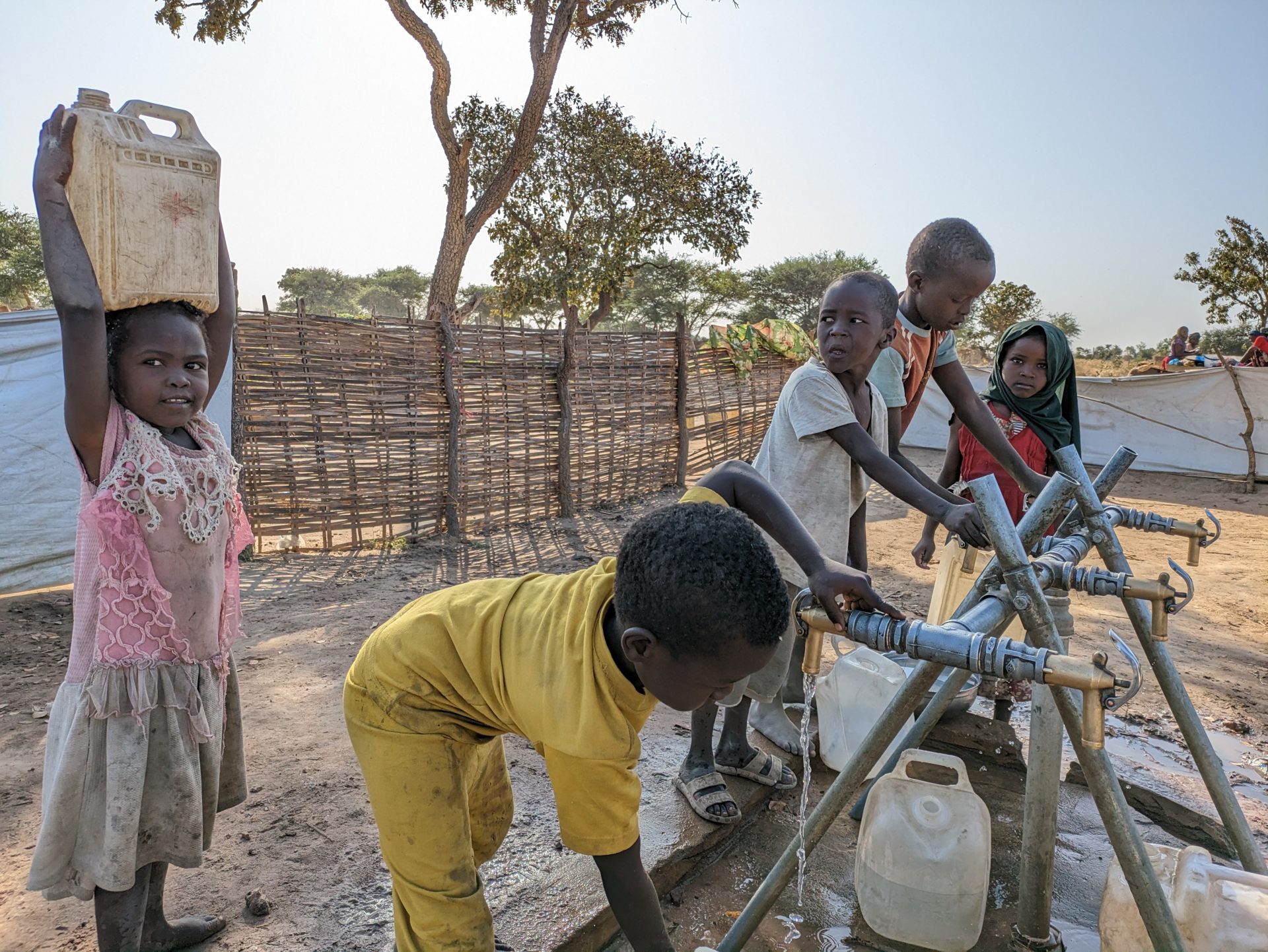
Programme details
This project, implemented by Triangle Génération Humanitaire (TGH) in partnership with UNICEF, focuses on an emergency intervention in water, sanitation, and hygiene (WASH) at the Korsi site in the Vakaga Prefecture, Central African Republic. This area has seen a significant influx of Sudanese refugees fleeing the ongoing conflict between the Sudanese army and the Rapid Support Forces (RSF) since April 2023. The Korsi site, located in Birao, has experienced rapid population growth, leading to urgent needs in WASH infrastructure.
Supported by UNICEF funding, TGH’s initiative aims to address these critical needs by establishing sustainable and locally appropriate solutions. The project plans to enhance access to safe drinking water for approximately 14,000 people by constructing two water storage tanks connected to existing boreholes and installing solar-powered pumping systems to ensure a continuous and reliable water supply. These facilities will help reduce the long queues at water distribution points and ensure adequate water availability for the site’s residents, including during nighttime.
Additionally, the project focuses on improving sanitation conditions by constructing 92 semi-permanent latrines and providing handwashing stations to promote hygiene practices on the site. Solid waste management will also be addressed by setting up 50 waste bins, reducing the risk of contamination and disease spread. TGH is committed to promoting hygiene by distributing hygiene kits to 200 households.
The project pays special attention to gender and protection issues, ensuring that latrines are separated by gender and secured while involving women and girls in the decision-making process regarding the location of infrastructure. Measures are also implemented to prevent gender-based violence (GBV) and ensure the safety of beneficiaries. Furthermore, TGH plans to train 44 individuals on the Prevention of Sexual Exploitation and Abuse (PSEA) to raise awareness among camp residents on these issues.
With a strong operational presence in Birao, TGH will implement this project in close collaboration with local authorities and other humanitarian actors in the region, ensuring effective coordination and an appropriate response to the evolving needs of the refugee population. Despite the numerous operational challenges, particularly regarding site access and security, TGH remains flexible and ready to adjust its activities as the situation on the ground develops. Although limited in duration, the project aims to establish sustainable solutions for the affected populations, aligning with the Sustainable Development Goals, particularly those related to universal access to water and sanitation.
